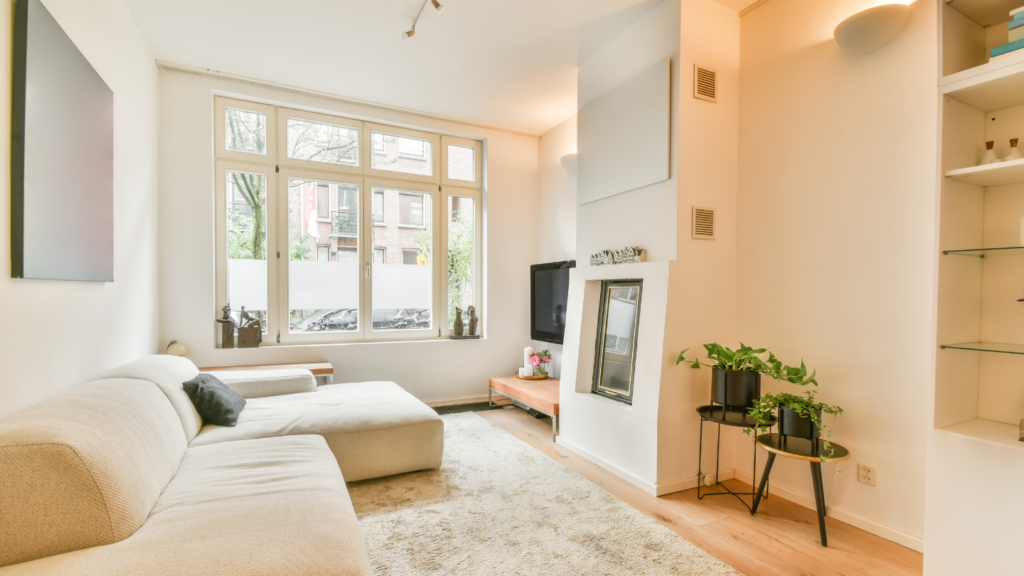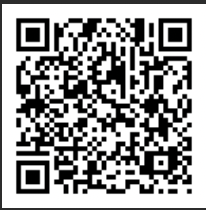Living out of home for the first time is a lot to handle, let alone when you are doing it overseas in a brand new country! This is why it is really important to understand your rights, especially if you choose to rent somewhere instead of selecting homestay or student accommodation. Remember, if you are under 18, you can only choose from student accommodation or homestay options. This fortnight’s article will be focused on common queries and issues our Accommodation Officers receive.
When, and if, you decide to rent a property, you should make sure you are aware of what you must receive from your landlord and/or agent. This includes documents and things they must do or tell you before you sign a lease agreement such as:
- The property is reasonably clean and fit to live in,
- Respecting your privacy and following entry and notice requirements,
- Whether the property is planned to be sold,
- Providing you with a copy of the proposed tenancy agreement before you sign and,
- Providing you with copies of the condition report.
You can read more about these requirements in detail in the Tenant Information Statement by NSW Fair Trading. You can also find this document translated here.
Your tenant rights in NSW will be different to other states, so if you have friends who live elsewhere at other universities then you still need to make sure you are aware of all of your rights and obligations. A good place to start for an overview is the Tenants’ Union of NSW, as well as this page for international students.

“Home is not a place, it’s a feeling that you carry with you wherever you go.”
When it comes to living in your own space, whether that is solo or in a sharehouse situation, you will have lots of responsibilities. These may include:
- Meeting all payment responsibilities,
- Cleaning your space and maintaining it to a reasonable standard,
- Ensuring visitors behave appropriately and respect the property,
- Clear communication between housemates and/or hosts, and
- Abiding by curfews (especially if you are under 18).
This is not an exhaustive list, and you may have different responsibilities based on your living situation. You do want to ensure you are meeting these responsibilities, as it can impact your next rental application. For example, when paying your rent, being recorded as having been in arrears (even if you’ve since caught up) can mean someone else will get preference over you in a future rental application.
For this section, we will be focusing on cleaning and communication.
Cleaning
Having a clean, tidy living space is great for supporting your overall health and wellbeing but it is also important for respecting the spaces you have. This is what will help your inspections go smoothly, as well as helping to support you with receiving your bond back at the end of your rental agreement. Click here for a short list we’ve put together of what you should be doing at a minimum.
Using the right products for each of your living spaces is also important. You don’t want to be using a generic multipurpose surface spray for your bathroom to try and get rid of mould or soap scum, for example. Always be sure to read the labels and ensure the product is suitable for the spaces you intend to use it in – some products are not suitable for certain surfaces such as tiles or marble.
Communication
It is important to ensure effective communication between yourself and your housemates (or your host if you are living in homestay). It can help with avoiding conflict. Sometimes, a housemate may do something that bothers you but they won’t know unless you speak with them. It’s okay to share how you feel and a lot of the time it will improve situations before they get worse. This is a great resource for understanding how to have the difficult conversations, especially if you don’t like confrontation.
Communicating also shows courtesy, for example sharing what time you plan to be home when you are going out. By doing so, it also means that if anything happens to you, your housemates/hosts know when you were expected to be home and can follow up with you if you are not back after a while.

This next section is all about character references. This is extremely important for rental applications, more so if you do not have a current rental history.
Character reference
A character reference may also be known as a personal reference. It is written by another adult who knows you well, to speak for you as a person and confirm that you would be a suitable tenant. Your reference can be someone from back home, but it would be ideal to also have someone local to support your application too so they can speak to more recent experiences with you. This can be a teacher, or if you have found work or joined a community group can it can be your manager or a coach too.
Always be sure to ask the people you have in mind to be your references, and confirm what contact details they are happy for you to share. For example, some people may prefer their work details to be listed instead of their personal details. This also means they will not be caught off-guard if they are contacted to provide a reference, and have time to prepare. The Tenant’s Union of NSW has a great page for more information on character references.

Staff Profile

Name: Ester
Role: Accommodation Officer
What can you help students with as part of your role?
Part of my role is to provide guidance on how to find and secure accommodation. I provide information on different types of accommodation and what options are available.
How can students reduce stress when it comes to finding a place to live in Sydney?
Start searching early: It is essential to start your search as early as possible. Use online resources to help you find accommodation and to understand what type of accommodation you are interested in.
Work out your budget: It is essential to know how much you can afford on a weekly rent. This helps to narrow down your options.
Be flexible: Be open to different types of accommodation and location. This helps to expand your options.
Site inspections: Attend site inspections to check out the properties and to get a better understanding of what you are looking for.
Act fast and be responsive: When you find a property that you like, apply as soon as possible, and respond quickly when you hear back from the accommodation provider. Be sure to check your email.
Do you have any top tips for our over 18 students for how to best prepare for the rental market in Sydney?
Some tips for renting privately:
- Avoid non-regulated sites such as WeChat, Facebook or Gumtree.
- Gather relevant documentations such as completed application form, ID, proof income, reference letter, etc.
- Sign a tenancy agreement. It will include such things as dates of stay, weekly rent fee, cancellation policy and mention any extra fees.
- Ensure your Bond is lodged with the Department of Fair Trading. This is standard private rental procedure in Australia.
- Keep accurate records including all payment receipts, landlord’s full name and email address, rental company or real estate agent’s office address and phone number.
- Don’t hand over money for a property you haven’t inspected (inside and out).
Featured Events
THRIVE Thursday
Date: Thursday 29 February
Time: 12pm – 1pm
Location: Courtyard/Common Room, Level 1, L5 Building, UNSW College
Paint Break Activity
Date: Thursday 29 February – Friday 1 March
Time: 12pm – 5pm
Location: Room 131, Level 1, L5 Building, UNSW College
SRC Hops to: Manly
Date: Saturday 2 March
Time: 9:30am – 3pm
Location: Manly Beach, Manly NSW 2095
Fortnightly Program
THRIVE Thursday
Date: Thursday 7 March
Time: 12pm – 1pm
Location: Courtyard/Common Room, Level 1, L5 Building, UNSW College
Games Afternoon
Date: Thursday 7 March
Time: 12pm – 5pm
Location: Room 131, Level 1, L5 Building, UNSW College
International Women’s Day
Date: Friday 8 March
Time: All day
Location: Courtyard/Common Room, Level 1, L5 Building, UNSW College
Boomerang Painting
Date: Thursday 14 March
Time: 12pm – 5pm
Location: Room 131, Level 1, L5 Building, UNSW College
Resources



